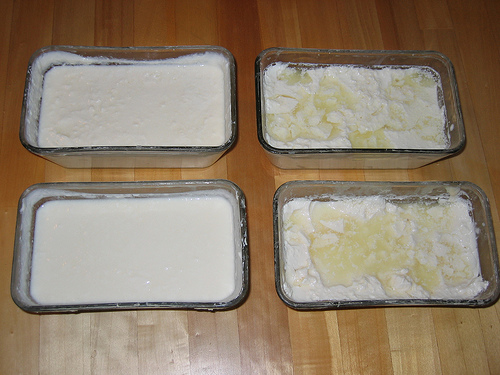MLODINOW As I start talking about events in the world around us and looking at the psychological components–and I dealt with that, I greatly expanded that part–they were fascinating studies and I was just so interested I just kept putting more and more into the book.
ROBERTS Yes, that’s when you decided to ask me for help. “Oh, I wasn’t planning on this.” How did you learn about the lottery winner who won twice–the Canadian?
MLODINOW It was in a book somewhere, an academic book. A lot of those interesting stories came from academic papers or books.
ROBERTS That’s interesting.
MLODINOW Sometimes I’ll find something in the newspaper that was really interesting and I would track it down but a lot of it was in academic research. I don’t know why they found it.
ROBERTS Yes, who knows where they got it, but that’s where you got it. How did you learn about the Girl Named Florida stuff? Some professor told you?
MLODINOW My friend Mark Hillery that I mentioned from Berkeley.
ROBERTS A physics professor.
MLODINOW He heard it somewhere… It wasn’t quite this problem but then I kind of tweaked it and made it the Girl Named Florida Problem. That’s a great problem for the book.
ROBERTS Yes, I loved that. So he got it from some physicist . . .
MLODINOW I’m not sure; probably. I took a few days to figure out how to make it into this problem; I don’t remember exactly the problem he told me but I tweaked it into this problem. Just to show you how much work goes into the book, I even spent a whole afternoon deciding on the name Florida. I went back into the records–I needed a rare name–and I looked up different names and tried to find one that would be colorful, interesting, but that was rarely used, and I wanted to know the percentage that it was used; I dug up percentages of names. Everything in the book . . . if you read it, it might just sound like, ’Oh, you know’ . . .
Not a thing is just tossed out there. Or very little; there’s an amazing amount of thought and work that goes behind every little detail.
ROBERTS That’s a very memorable detail I must say. I like it better than the Monty Hall Problem.
MLODINOW I do, too. I think it’s interesting; I found in the reactions to the book that the Monty Hall Problem has gotten more press and in some ways more reactions, which I found interesting given that it has been talked about before and this problem was completely new. I think this problem is in some ways even more striking than the Monty Hall Problem, more counterintuitive and more difficult to believe and certainly closer to something you might actually encounter. And yet I’ve gotten a lot more response based on the Monty Hall Problem and a few places have said that I gave the best explanation they’ve seen. I think the New York Times review said that, too. The New York Times did mention the Girl Named Florida Problem and said that they still find it hard to believe even though they followed the explanation.
ROBERTS I thought your explanation of the Girl Named Florida problem was very clear.
Interview directory.
 All yogurt recipes I’ve seen say you should preheat the milk before adding starter (= yogurt with live culture). Reasons vary. Some say it denatures the milk protein; others say it kills bacteria that might compete with the starter bacteria.
All yogurt recipes I’ve seen say you should preheat the milk before adding starter (= yogurt with live culture). Reasons vary. Some say it denatures the milk protein; others say it kills bacteria that might compete with the starter bacteria.